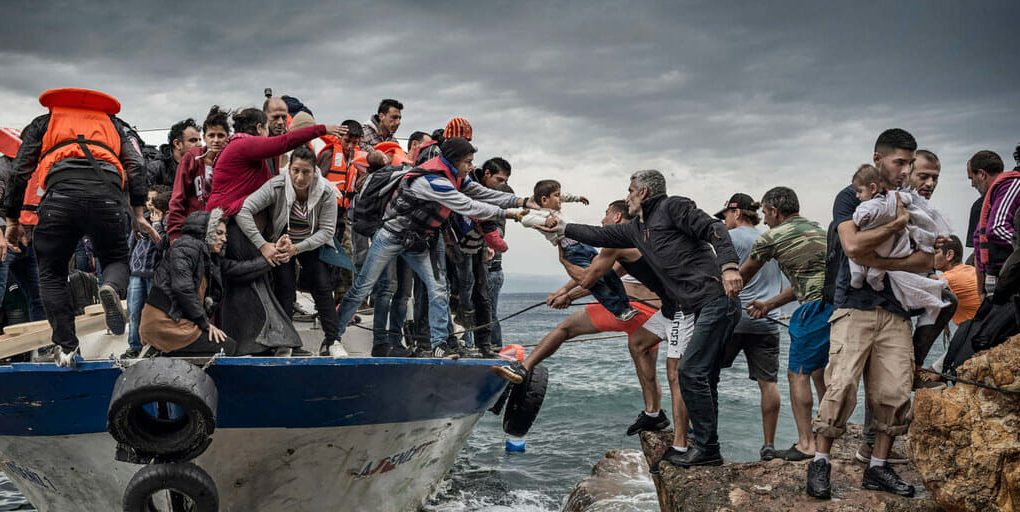lareddepathways.com – The global refugee crisis is one of the most pressing humanitarian challenges of our time. As of 2023, the United Nations High Commissioner for Refugees (UNHCR) reported that over 82 million individuals are forcibly displaced worldwide, a figure that includes refugees, asylum-seekers, and internally displaced persons (IDPs). This crisis is a result of various factors, including armed conflicts, persecution, environmental disasters, and violations of human rights. The scale of displacement has prompted a range of global responses, from international aid and resettlement programs to border security measures and policies aimed at integration.
The Scope of the Crisis
The refugee crisis is not confined to any one region; it is a global phenomenon with hotspots in the Middle East, Africa, and parts of Asia and Latin America. The Syrian conflict, for example, has led to the displacement of millions, with many seeking refuge in neighboring countries such as Turkey, Lebanon, and Jordan. Similarly, the ongoing crises in Afghanistan, South Sudan, and the Democratic Republic of Congo have resulted in significant population movements.
International Aid and Humanitarian Assistance
The international community, led by organizations such as the UNHCR and the International Organization for Migration (IOM), has mobilized to provide essential aid and support to refugees and displaced persons. This includes emergency shelter, food, healthcare, and education. Humanitarian assistance is crucial for addressing immediate humanitarian needs and preventing further suffering.
Resettlement Programs
Resettlement is a solution for refugees who cannot return to their home countries and are unable to remain in their country of asylum. It involves selecting refugees for resettlement in a third country. Countries like Canada, the United States, and Australia have established resettlement programs, although the capacity and willingness to accept refugees vary widely among nations.
Border Security and Migration Policies
The refugee crisis has also led to a tightening of border controls and the implementation of stricter migration policies in many countries. While these measures are often justified as necessary for national security, they can also lead to the detention and mistreatment of asylum-seekers and refugees. The balance between protecting national sovereignty and upholding international human rights obligations remains a contentious issue.
Integration and Social Cohesion
For refugees who are granted asylum or are resettled, integration into their new communities is a critical step. This involves access to employment, education, and social services, as well as efforts to combat discrimination and promote social cohesion. Successful integration benefits both refugees and host communities, fostering economic growth and social harmony.
The Role of Diplomacy and Peacebuilding
Ultimately, the most effective response to the refugee crisis is to address the root causes of displacement. This requires diplomatic efforts to resolve conflicts, promote human rights, and support peacebuilding initiatives. International cooperation is essential for creating the conditions that allow refugees to return home safely and voluntarily.
Conclusion
The global refugee crisis demands a multifaceted response that balances humanitarian assistance, legal protection, and long-term solutions. While the challenges are significant, the collective action of the international community can make a difference in the lives of millions of displaced persons. It is a test of our humanity and our commitment to a more just and peaceful world.

